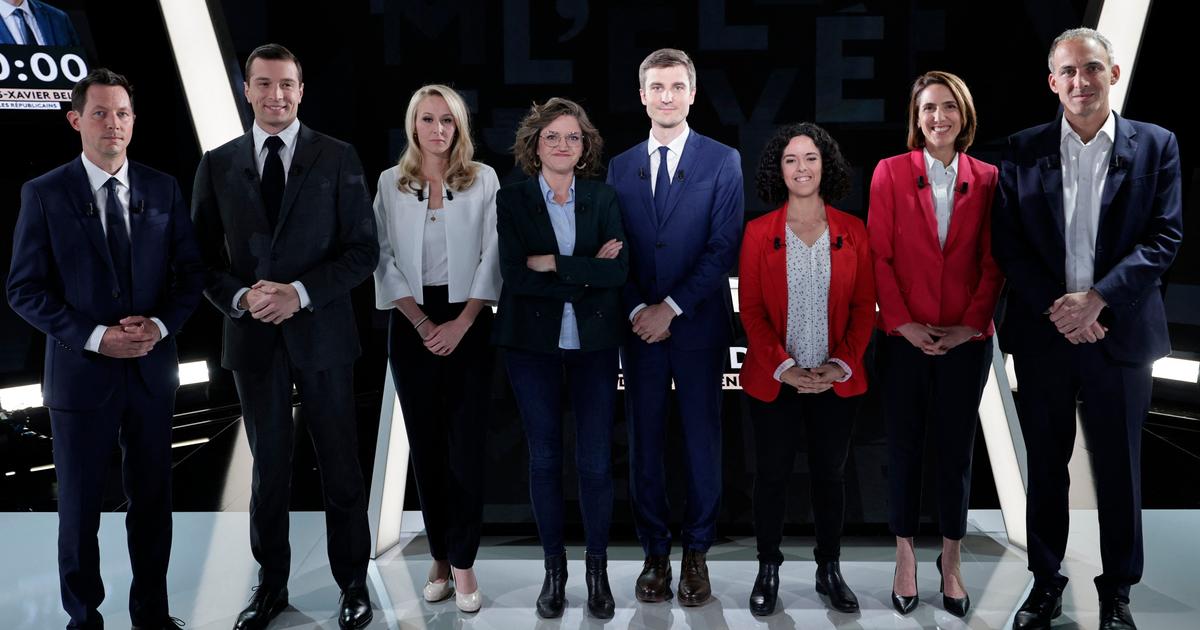European Debates Spark Intense Discussions Ahead of Elections
In the last clash before French citizens head to the polls, European election debates heated up significantly on France 2. Five days ahead of the elections, prominent leaders debated for almost two hours, touching on migration, the environment, and the war in Ukraine. Jordan Bardella (National Rally) faced criticism from multiple fronts, notably being called a 'fascist' by ecologist Marie Toussaint and accused by Manon Aubry (LFI) of being a Nazi heir. These explosive exchanges aimed to sway undecided voters and abstainers.
Despite attempts at maintaining calm, the debates frequently veered toward aggressive confrontations on immigration and environmental policies. Key moments included Bardella’s clash with Valérie Hayer (Renaissance) and Gabriel Attal on France 2, which somewhat shifted the dynamics of the race. Other notable confrontations included Raphaël Glucksmann's (PS) sharp criticisms of Thierry Mariani (RN) and Leon Deffontaines' (Communist) heated debate with Bardella.
However, these fiery debates appeared to have minimal impact on polling numbers. Experts like Ifop Opinion’s Frédéric Dabi emphasized that these debates serve mainly to energize existing supporter bases rather than convert undecided voters.
In Spain, European legislative influence has been noteworthy. Since the 2019-2024 European Parliament session, over half of the laws passed have been influenced by European directives. This includes important legislations such as family leave rights and anti-corruption measures. Professor Maria Julià highlighted the growing legislative integration within Europe, emphasizing the regulation of the single market and digital services.
Italy is also gearing up for significant elections, including the European elections and regional elections in Piedmont. This year marks special provisions for off-site students to vote without returning to their home municipality and various discounts for those traveling back home to vote. Participation has been a point of concern with a noted decline in voter turnout from 2004 to 2019.
In Germany, the murder of a police officer in Mannheim has stirred a vehement debate over Islamism and migration just before the European elections. Right-wing parties, including AfD, have used the incident to criticize current migration policies, potentially influencing the upcoming vote. This incident has shown to be a key talking point that right-wing parties might leverage for electoral gains.
- Spain has seen significant integration of European laws into national legislation. This is part of a broader trend of economic and regulatory integration within the EU, aiming to standardize various aspects across member states.
- The allowances for paid leave and the recognition of de facto couples as equal to married couples in Spain are examples of European directives' impact on national laws.
- Italian voters will not only choose members of the European Parliament but will also be casting their votes in important regional and municipal elections, with significant logistical support provided to facilitate voter participation.
- The attack in Mannheim has heightened concerns about Islamism and security within Germany, providing a contentious issue for right-wing parties to mobilize their base.






